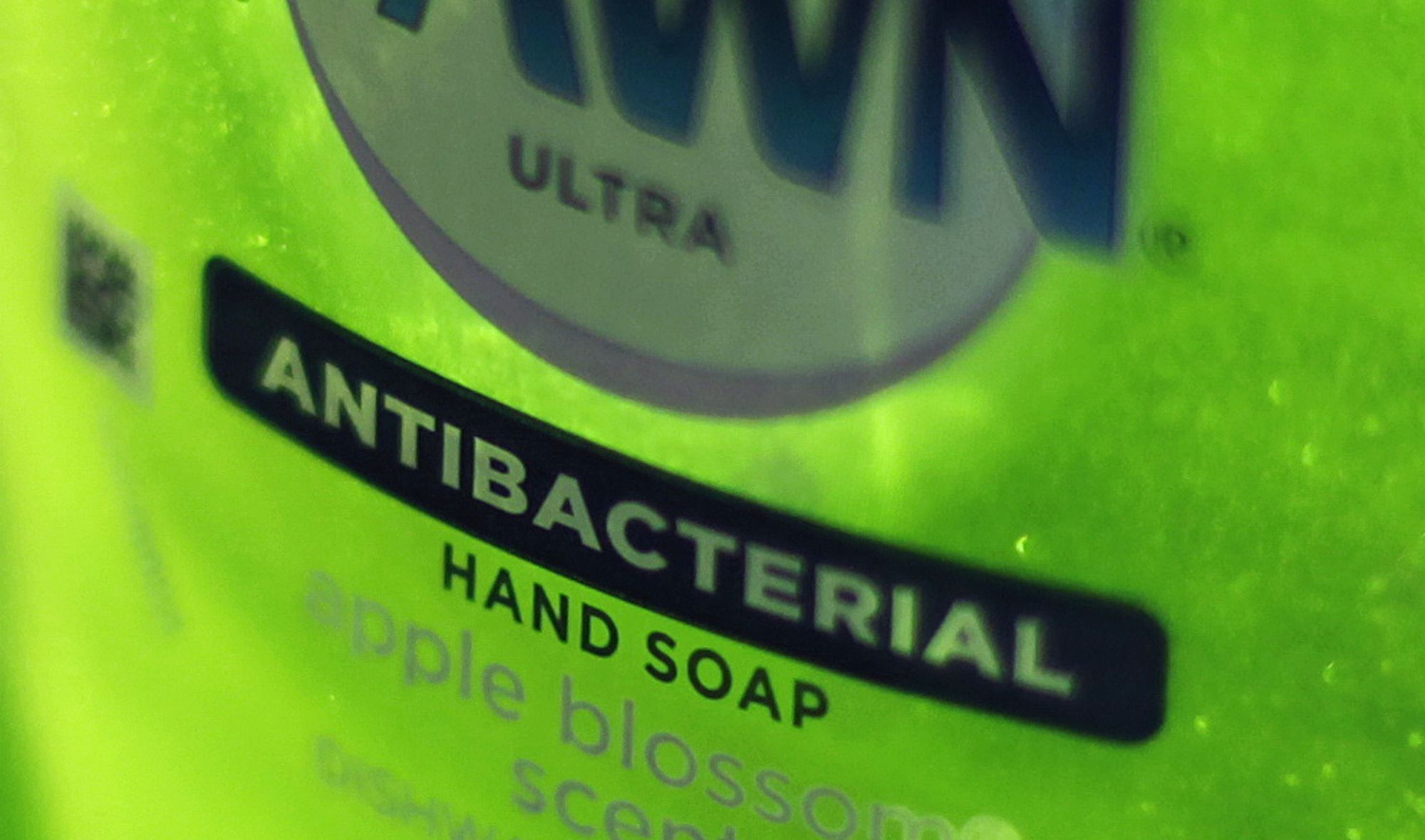
A Michigan farmer says he could be facing an armed raid by government agents soon, following a lengthy disagreement with state Department of Natural Resources officials over his refusal to obey an order to kill his feral pigs. Mark Baker, owner of Baker's Green Acres, told Natural News in an interview that he was informed recently by a former business associate that local state and federal agriculture officials have been forbidden from contacting him because he is potentially dangerous. In particular, he said, one USDA field agent whom the associate identified as Tom Gallagher, allegedly labeled Baker, a disabled U.S. Air Force veteran, as a “gun-wielding lunatic” and said agency supervisors have made it clear that only “armed DNR agents” are allowed to visit Baker's property.
In December 2012, whistleblower Mario Ciasulli, a semi-retired electrical engineer in North Carolina, put pressure on Whole Foods to come clean about a fertilizer method among their conventional produce suppliers.
That is, using sewage sludge, the “pink slime” of large produce farming. No joke – actual sewage. Whole Foods' conventional produce is grown on soil layered with human waste as a fertilizer.
The stuff that's flushed down sinks, drains and toilets? The water is removed from the resulting sludge, heated and sprayed. Yes, this includes pharmaceutical residues, chemicals, heavy metals, BPA, phthalates, resistant pathogens, PFCs, industrial solvents, flame retardants and other things that heat is insufficient to treat. Guess what else? There is a ton of evidence that these things “bioaccumulate” in the plants and organisms that eat them. It is doubtful that this practice is good for pollinators.
The company escaped scrutiny for a long time by referring to the …
[p]rohibiting the use of biosolids will be part of our core requirements. All of our suppliers will be compliant with the core requirements by the time we roll out the program.
A follow-up email from Whole Foods explained:
This initial release was meant to be high-level. There are far too many nuances to include on a press release.
Some consumers are disillusioned by the revelation and want a more public confirmation, but no hard feelings from Ciasulli who says:
I am encouraged that Whole Foods has made the commitment to ban biosolids in their produce in 2014, and that the company will require supporting documentation from their suppliers. We expect Whole Foods to follow through in a real and meaningful way.
Whole Foods has been making an effort to get in touch more locally by offering fixed low-interest loans to local growing innovators, which has lifted their PR quotient quite a bit. After consumers started detecting GMO ingredients in Whole Foods' stores, they decided to adopt mandatory labeling of their GM products, rolling out in 2018.
Most biodynamic initiatives seek to embody triple bottom line approaches (ecological, social and economic sustainability), taking inspiration from Steiner’s insights into social and economic life as well as agriculture. Community supported agriculture (CSA), for example, was pioneered by biodynamic farmers, and many biodynamic practitioners work in creative partnerships with other farms and with schools, medical and wellness facilities, restaurants, hotels, homes for social therapy and other organizations. Biodynamics is thus not just a holistic agricultural system but also a potent movement for new thinking and practices in all aspects of life connected to food and agriculture.
Please Read this Article at NaturalBlaze.com





Leave a Reply